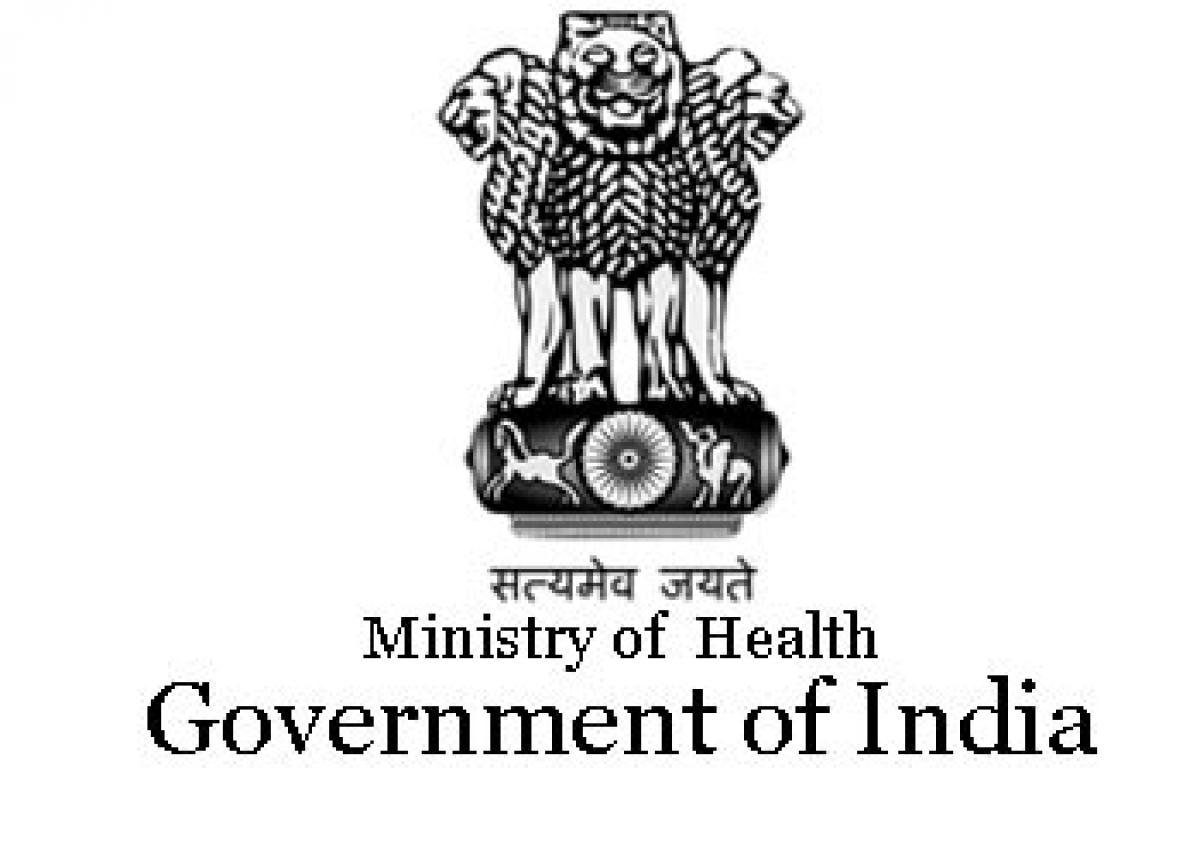Live
- Climate Change: Trump 2.0 Is Not A Fluke
- Disinformation & Disempowerment: How women’s basic rights and freedoms are being eroded all over the world
- Mahila Meekosam launched for protection of students, women
- COP 29: Rich Nations Have Their Say
- Industrial parks to be set up in every constituency
- Edu institutions to receive fee reimbursement soon
- SP orders speedy disposal of PGRS petitions
- 11 get placement after completing CPBFI
- Balineni dares Chevireddy for an open debate
- SRM hosts IRIS-2024 summit
Just In
Health Ministry allows Birth Companions during Delivery in Public Health facilities


In an innovative move aimed at reduction in Maternal Mortality Ratio and Infant Mortality Rate, the Ministry of Health and Family Welfare has taken a significant decision to allow birth companions during
In an innovative move aimed at reduction in Maternal Mortality Ratio and Infant Mortality Rate, the Ministry of Health and Family Welfare has taken a significant decision to allow birth companions during delivery in public health facilities. While several measures have been taken up by the Ministry over the years aimed in reduction in MMR and IMR, this step signifies India’s commitment under SDGs to further accelerate initiatives with specific focus on quality parameters of the interventions.
Birth companions are women who have experienced the process of labour and provide continuous one - to - one support to other women experiencing labour and child birth. The presence of a female relative during labour is a low cost intervention that has proved to be beneficial to the women in labour. Birth companions provide emotional support (continuous reassurance), information about labour progress and advice regarding coping techniques, comfort measures (comforting touch, massages, promoting adequate fluid intake and output), and advocacy (helping the woman articulate her wishes to the other).
Pre-requisites for a birth companion
** The birth companion has to be a female relative and preferably one who has undergone the process of labor.
** In facilities where privacy protocols are followed in the labour room, the husband of the pregnant woman can be allowed as a birth companion.
** She should not suffer from any communicable diseases.
** She should wear clean clothes.
** She should be willing to stay with the pregnant woman throughout the process of labour.
** She should not interfere in the work of hospital staff and the treatment procedures.
** She should not attend to other women in the labour room.
The World Health Organization promotes labor companionship as a core element of care for improving maternal and infant health (WHO 2002). The regional plan of action for maternal and neonatal health care includes the monitoring of maternal and foetal well-being, and encourages the presence of a companion to provide support during labour and delivery as one of the interventions to improve neonatal health. A trained birth companion contributes to reduced tension and shortened labour, increased mother's feelings of control, decreased interventions and caesareans. It also enhances the partner's participation, improves outcome for the newborn, facilitates parent/infant bonding, and decreases postpartum depression while increasing positive feelings about the birth experience.

© 2024 Hyderabad Media House Limited/The Hans India. All rights reserved. Powered by hocalwire.com






